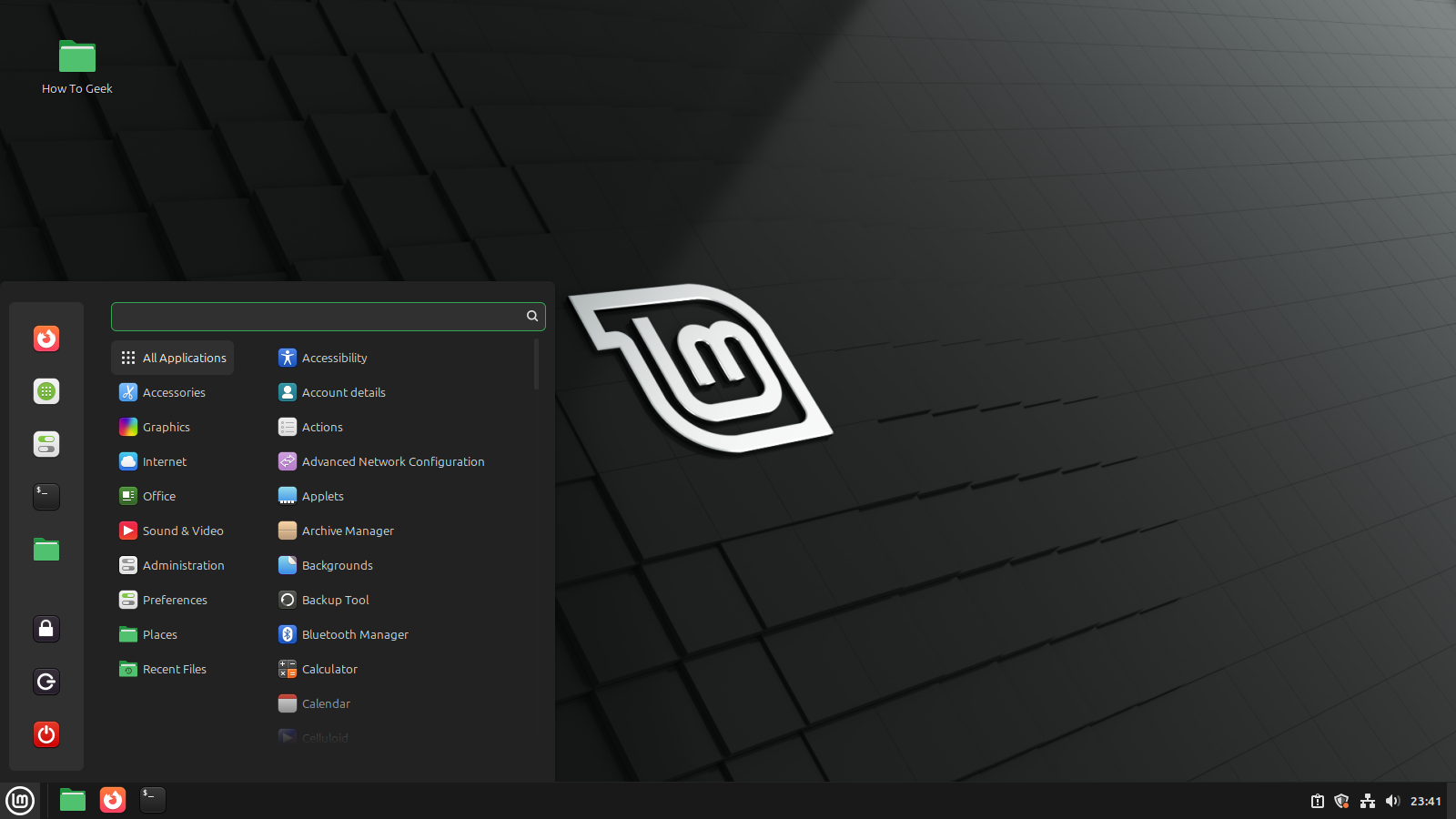Open source developers are building an emulator called felix86, which allows you to run x86-designed software on RISC-V processors, and they recently showed off some AAA games being played through their emulator using Steam. It's a big step for the still-emerging world of RISC-V computing and gaming, specifically.
The developers show screenshots of Crysis and The Witcher 3 in the blog post with a caption claiming this was happening on a MilkV Jupiter board. MilkV is a China-based technology company producing RISC-V devices, and the Jupiter is a Mini-ITX motherboard that features the SpacemiT K1 or M1 CPU, which are RISC-V processors.
While it's good news that these games are running, your favorite game may not necessarily run well on an RISC-V chip, at least not yet. The felix86 developers said in their blog post, "These just started working, so we haven’t had enough time to profile or optimize them yet. So don’t expect great performance yet!"
The felix86 team hosts a small database of games on its website that gives you a current compatibility status of either "Working," "Partially Working," or "Not Working." You can see some other well-known titles like Balatro and Stardew Valley listed as "Working," and clicking them brings you to a GitHub issue that describes how the game was tested and any performance limitations or glitches the tester noticed.

Fedora Linux Now Supports RISC-V Processors
RISC-V will be Fedora's fifth main architecture, but full support is still a work in progress.
This is a win for open source fans like myself because the RISC-V instruction set architecture (ISA) is completely open source. The two main processor designs that RISC-V is up against, ARM and Intel's x86, are both proprietary. You might be running open source software on an open source operating system like Linux, but so long as you're using an x86 or ARM chip, the underlying ISA is closed. The ability to play popular games on RISC-V changes that dynamic.
felix86 was first announced in March 2025, so it's still very new to the scene. That means you shouldn't expect incredible performance and a seamless experience yet. If you're thinking of buying an RISC-V device, you should research how well the software you rely on or you want to use will actually work. Better yet, if you have the skills, you can contribute to RISC-V projects to make it a more viable platform. I'm happy to see a project like felix86 gaining ground and bringing open source hardware closer to the parity with its closed source competitor.
Source: felix86 via Liliputing, GamingOnLinux




